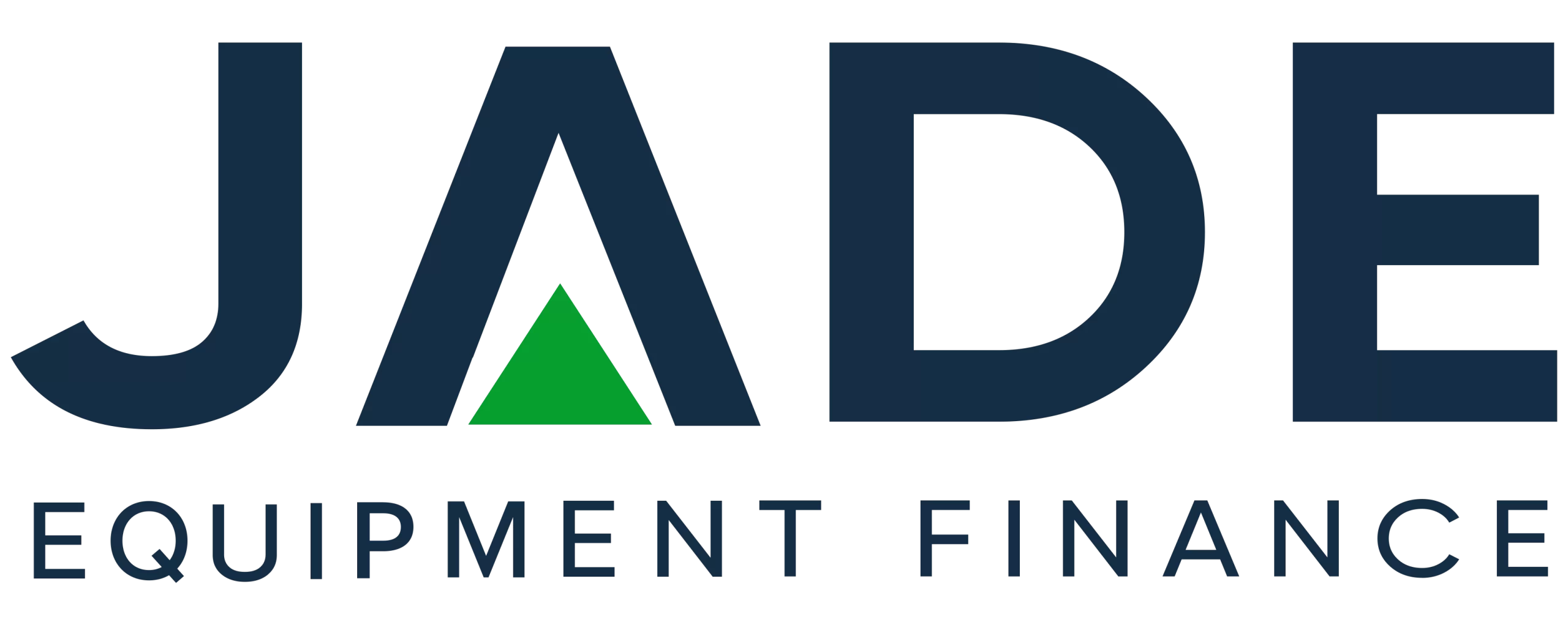A leading construction industry form, the Australian Construction Industry Forum (ACIF) released data forecasts in early November which tip a boom for both housing and infrastructure in 2022. This article, posted on the ACIF website, feeds in perfectly with our recent piece on businesses being well-equipped and ready for the opportunities ahead in 2022. We present a view on the impact on equipment finance of the forecast boom in infrastructure and housing and how businesses can secure cheap equipment finance.
Operators that are geared up with the latest, most efficient machinery and equipment can be ideally placed to capture the opportunities as they arise in their particular area. Acquiring that equipment with cost-effective finance at cheap interest rates can position a business to realise greater profitability and an improved bottom line. So what does the ACIF see ahead for the construction sector? We provide this overview.
ACIF: Overview
First a quick explainer of who the ACIF is. According to the forum’s website it is a voice of the construction industry with members including associations covering the full asset creation area including feasibility, cost planning, design, building, management and construction.
The panel that comprises the group’s forecasting council includes economist and industry leader with a role to both provide the input and review the data that then forms the forecasts.
ACIF Forecasts
Released in early November, the ACIF forecasts a ‘twin boom’ for construction in both the housing and the infrastructure sectors. The enthusiasm however is curbed with the potential of both material and labour skill shortage as well as the pressures of increased costs to impact the industry.
Overall it is expected that the industry could contribute in a major way to economic recovery with a projected 6% increase and construction of infrastructure growth of 7.5% through 2022. Infrastructure growth is of course supported by the extensive initiatives and programs implemented by both federal and state and territory governments. These projects are expected to carry into 2023 and 2024.
Strong demand for residential housing is seen as being driven by government policy incentives including HomeBuilder and the low housing interest rate climate. The costs of building houses are also rising which the ACIF see as putting extra pressure on inflation.
On the infrastructure front, the ACIF report notes the surge in Government projects in transport, water and energy as well as health, cultural and education buildings. The shortages in the labour market for trades and material shortages exacerbated by global supply chains is seen as major challenge for this ‘full pipeline’ of project work available.
The residential sector is expected to continue its growth in the coming 2 years as builders and tradespeople complete the backlog which has built up as a result of the surge and materials shortages.
The Chief Forecaster for the ACIF, Kerry Barwise, commented that the twin book indicates that the building and construction sector will lead the recovery of the economy. However, this optimistic outlook is tempered by several mentions of shortages and cost increases which will present challenges for operators.
In the non-residential sector, a decrease is expected to continue over the coming 2-3 years. Specifically in commercial offices, retail, entertainment and accommodation buildings. But the heavy industrial sector such as mining is projected to experience significant growth of >20% in the coming 3 year period.
Preparing for the Twin Boom
For businesses in the construction and building sector looking to take full advantage of this forecast boom, we provide a full range of finance options to facilitate upgrading to new machinery and equipment.
Types of finance available include:-
- Chattel Mortgage
- Equipment Leasing
- Equipment Rent to Own
- Equipment Commercial Hire Purchase
Selecting which is the most suitable type of loan for your business requires consideration of the accounting method used by the business; the approach to the balance sheet; and general financial objectives. A discussion with your accountant should assist with this process.
We also mention and remind business owners that the temporary full expensing investment incentive is available for eligible businesses and eligible asset acquisitions through to EOFY 2023. To take advantage of this measure, Chattel Mortgage is considered the most appropriate finance product.
New Business Loans
For individuals considering a work change and setting themselves up as an owner-operator/sole trader in the construction and building sector, we offer specialised loans for equipment purchases. When seeking finance, new businesses are often hamstrung by the application criteria required by most banks and some lenders.
We are accredited with non-bank lenders that are open to providing finance for new businesses through our Low Docs and No Docs Equipment Finance. Applications will require an ABN, ID and while full financial documentation is not essential, the more financial records and business plans etc provided, the more attractive the application.
Low Docs and No Docs Loans can be achieved at cheap interest rates and our Jade consultants do all the hard work in sourcing the cheapest quotes and negotiating on terms and conditions to deliver the most suitable outcome for our customers.
To be ready to participate in what the ACIF see as a twin boom for the construction sector, speak with us about cheap finance to acquire the equipment you require.
For all equipment finance requirements speak with a Jade Equipment Finance consultant on 1300 000 003
DISCLAIMER: IF MISINTERPRETATIONS, MISREPRESENTATION OR ERRORS EXIST IN THIS ARTICLE, NO LIABILITY IS ACCEPTED. THE INFORMATION IS PROVIDED ONLY FOR GENERAL PURPOSES AND NOT IN ANY MANNER INTENDED AS THE ONLY SOURCE FOR MAKING FINANCIAL DECISIONS. THOSE THAT CONSIDER THEY REQUIRE ADDITIONAL GUIDANCE OR ADVICE SHOULD REFER TO AN INDEPENDENT FINANCIAL ADVISOR.


